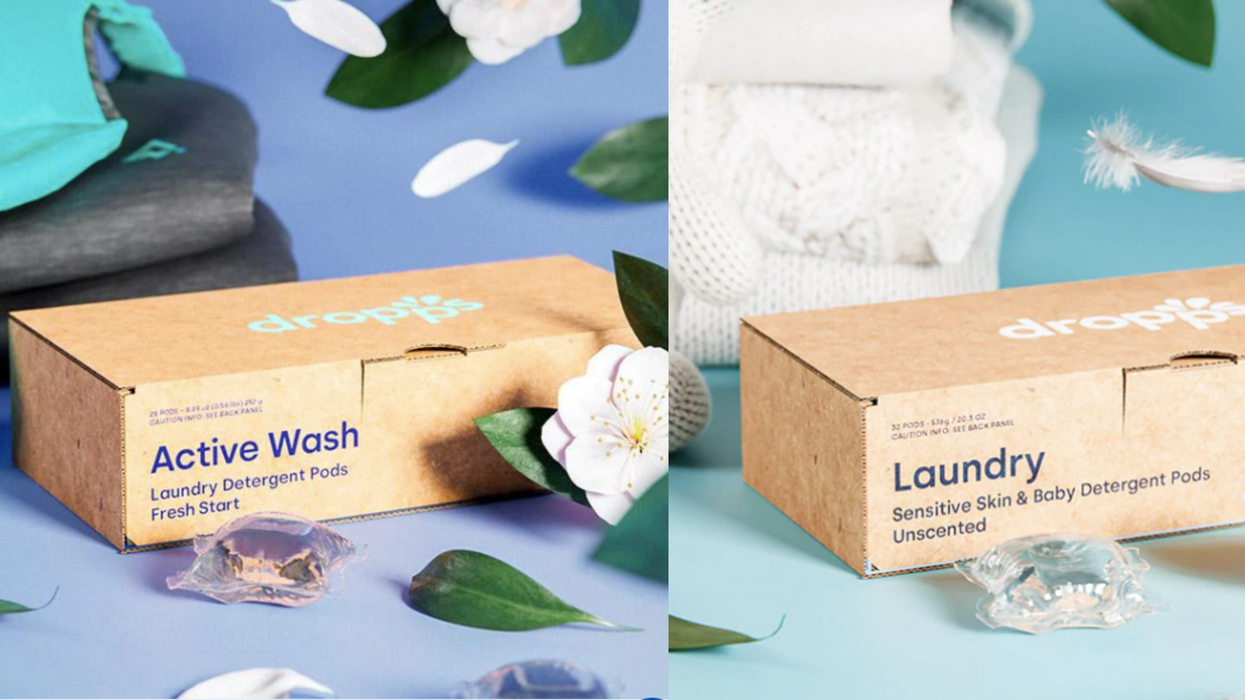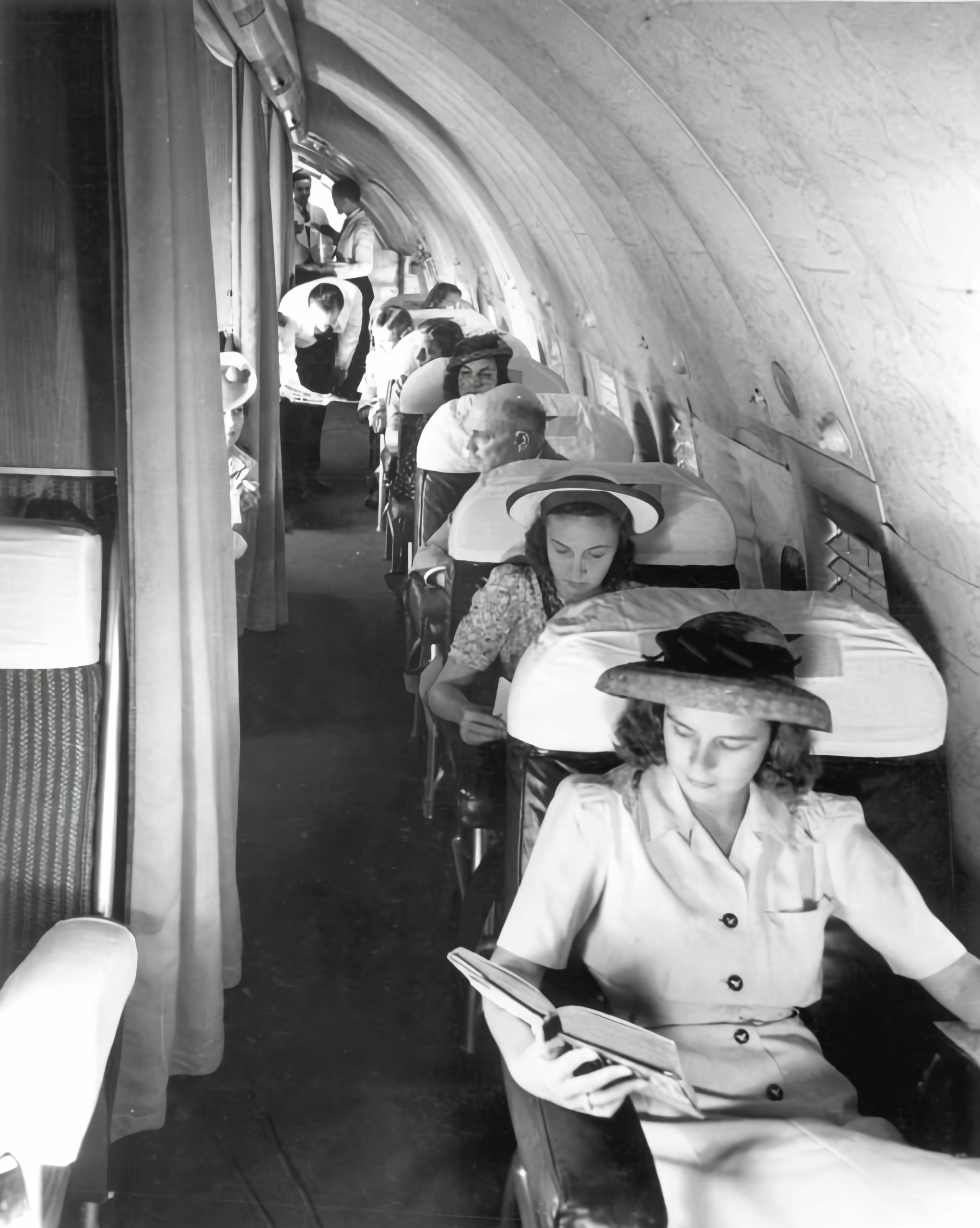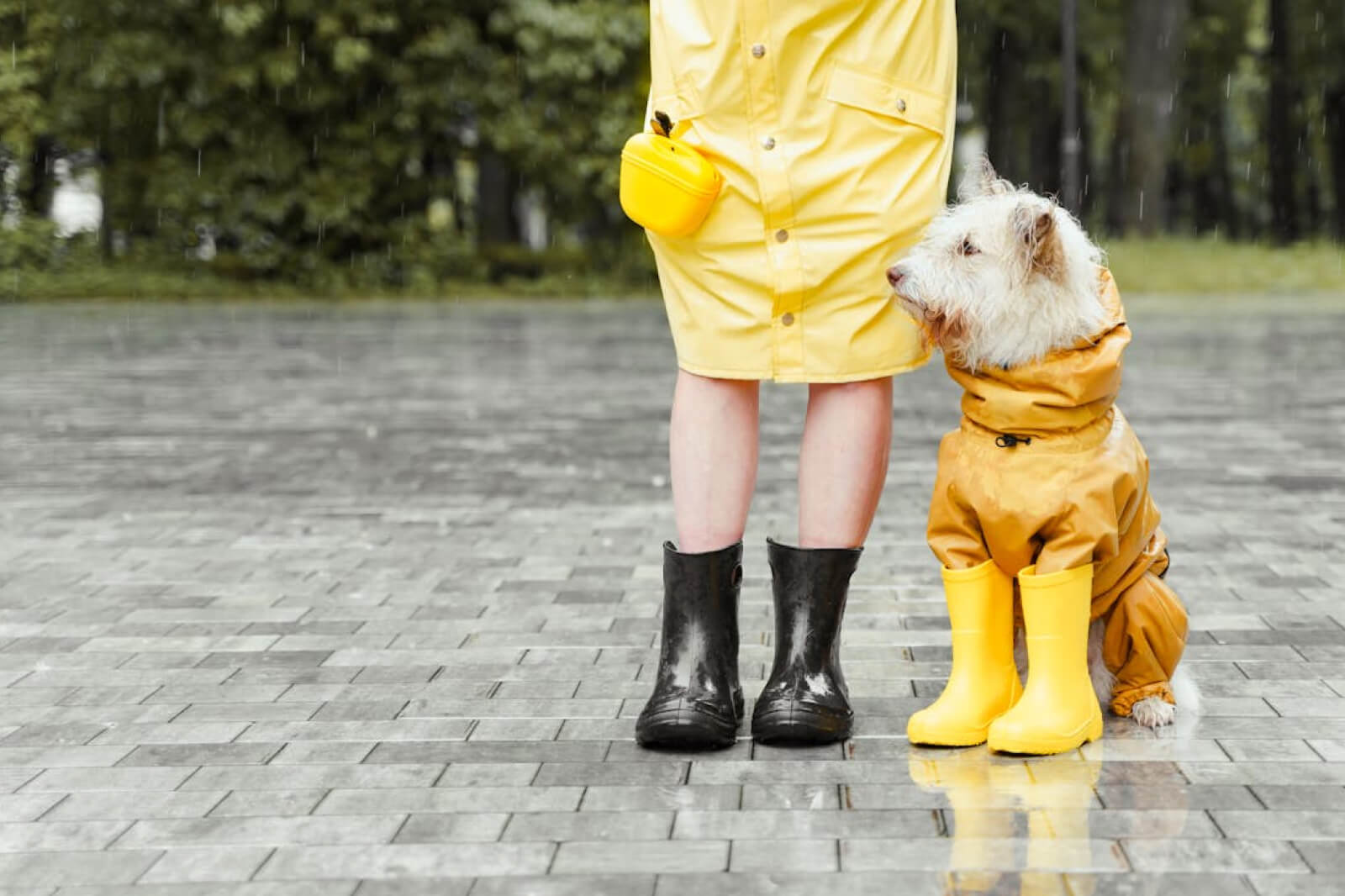
What Are Microplastics? And How Do They Affect Your Health?


In short: pollution is scarier than ever – we might be f*cked.
This week, research showed that we might have plastic inside of us. A recent study discovered microplastics in human blood for the first time. This frightening revelation is early evidence that we could be absorbing and circulating plastics through our bloodstreams.
The study was small but terrifying. Out of the 22 otherwise healthy adults tested for microplastics, a concerning 17 of them have plastic particles in their blood. SEVENTEEN! The exact math eludes me, but even I know that’s a lot.
Microplastics are precisely what they sound like: teeny-tiny plastic fragments that never break down. These covert polluters are hiding in many everyday items like clothing fibers, packaging, skincare products, and more. They’ve already been found in a number of harrowing, unlikely places: the summit of Mt. Everest, the Mariana Trench, common dust, food, drinking water, baby bottles, even human placentas, and more.
Past research revealed some degree of infiltration into our bodies. We absorb microplastics from our food and air. Studies say we eat an alarming amount of microplastics, with the average American ingesting about 50,000 microplastic particles. We inhale about the same amount, too. A study from 2021 estimates that the average person ingests a credit card’s worth of plastic each week – ewww.
Medical professionals everywhere have been weighing in to clarify. “This is really the first evidence of plastic polymers making it into the bloodstream,” Rolf Halden, director of the Biodesign Center for Environmental Health Engineering at Arizona State University told Insider. “What that means is quite uncertain, but it is unsettling news.”
But with over a wallet’s worth of microplastics entering our system, why are we surprised? Well, previously, we thought we passed the microplastics, cycling them out as fast as we took them in. Some evidence did in fact support that. According to Halden in Insider: “Other research has discovered plastic in infant and adult poop, but that’s just particles that pass through the digestive system without getting absorbed. Microplastics’ presence in human placentas suggested that they were traveling through the blood, but it wasn’t direct proof. This is the first definitive evidence of plastics absorbing into the human bloodstream, where they can travel all around the body, Halden said.”
He continued, “Plastics are everywhere,” Halden said, adding, “And now we learn that it is not confined to the environment, but that it has entered us. And the outcomes of that exposure are, right now, unknown.”
Heather Leslie, a chemist and ecotoxicologist, who led the study while working at Vrije Universiteit in Amsterdam, broke down this revelation further: “That means that [microplastics] stick around longer than just going through the gastrointestinal tract.” Leslie added, “We’ve been using plastic for a century, but we haven’t thought about the plastic dust until recently.”
Reporting to The Guardian, Professor Dick Vethaak, an ecotoxicologist at Vrije Universiteit Amsterdam in the Netherlands, said: “Our study is the first indication that we have polymer particles in our blood – it’s a breakthrough result … But we have to extend the research and increase the sample sizes, the number of polymers assessed, etc.”
Another chemist in the department, Marja Lamoree, said: “I expect in the end, we are all exposed … It’s really too early to say whether it’s safe or not.”
“It is certainly reasonable to be concerned,” Vethaak told The Guardian. “The particles are there and are transported throughout the body … We also know in general that babies and young children are more vulnerable to chemical and particle exposure. That worries me a lot.”
With the prevalence of plastics everywhere we go, this phenomenon feels hard to avoid. I don’t want microplastics swimming around inside of me, and I definitely don’t want them in my blood. The urgency of this revelation will reveal how this phenomenon is affecting people’s health in their daily lives.
“More detailed research on how micro-and nano-plastics affect the structures and processes of the human body, and whether and how they can transform cells and induce carcinogenesis, is urgently needed, particularly in light of the exponential increase in plastic production,” said Vethaak and others in a recent paper. “The problem is becoming more urgent with each day.”
Scientists are even worried plastics will make their way into our brains. And from there on, there’s no telling what might happen. “Where is it going in your body?” Vethaak said to the AFP. “Can it be eliminated? Excreted? Or is it retained in certain organs, accumulating maybe, or is it even able to pass the blood-brain barrier?”
Though there’s not much we can do on a large scale in terms of reducing the number of plastics out there — they’re everywhere. Yes, we can vote on the people who will try to do the right thing in the office, but in the meantime, I’m breathing in more and more and more plastics every day. Just imagine those microplastic credit cards stacking up inside my body.
However, on a small scale, I try to live as environmentally friendly a life as possible Sustainable living is very different when you’re out in the world and guided by your beliefs. At home, I’ve stocked up on all the clean, green products I can find. But there’s still more I can do to resist the temptation of popping into Target for something more convenient.
That’s where Dropps comes in.
If you’re looking to get started with sustainable shopping, one tenet is to give people gifts they’ll actually use. One of our favorite and eco-friendly suggestions? Dropps cleaning products, like their laundry detergent and household products.
While it may not be the sexiest gift, Dropps is game-changing, alternative cleaning products are more effective than toxic cleaners.
Whether you’re shopping for your friends, want to make adulting easier, or simply looking for something useful for someone with kids, don’t sleep on Dropps.
Giving the gift of Dropps encourages the lucky recipient to make steps toward a more eco-friendly life. From laundry to home cleaning, these small swaps for everyday tasks can have a huge impact. By choosing Dropps, you’re taking the next step in your sustainability journey.



